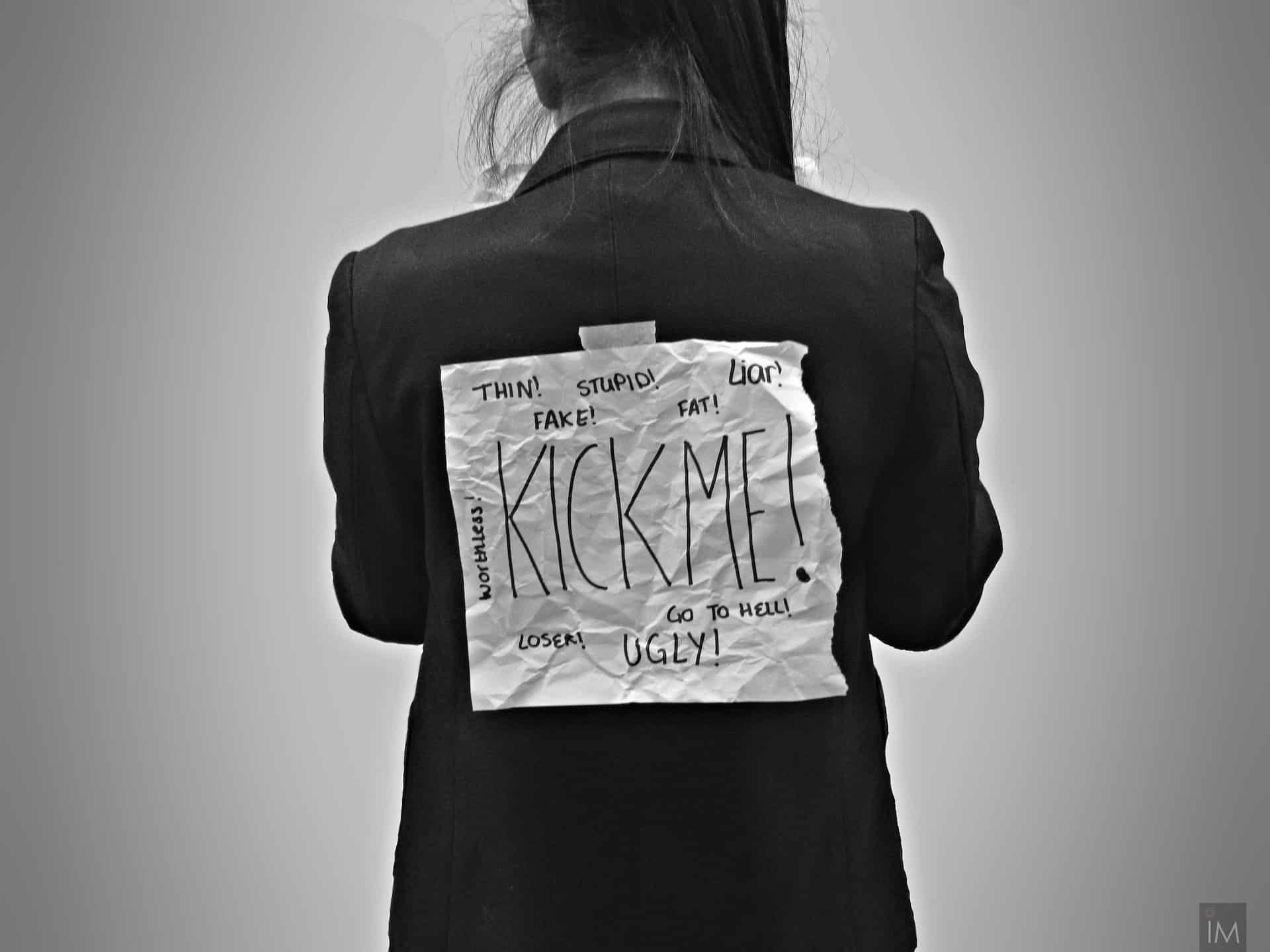
28 Sep Hazing Can Have Legal Repercussions
School is back in session, and for some that means welcoming newcomers into their crowd. Whether it happens in a fraternity, a sports team, a sorority, or a theater group, hazing can have criminal repercussions.
Even though hazing might seem like a normal part of joining an exclusive club, sometimes it can get out of hand. It can even be a crime, depending on the circumstances. And when it becomes a crime, the punishments for hazing are severe.
What Makes Hazing a Crime?
Most of the acts that constitute criminal hazing involve violence. Many organizations use hazing to reinforce their power structures and to make new members prove their commitment. But even though these activities have always been around, they are not always as harmless as they seem.
Through the years there have been countless college students who have dropped out of school or been seriously injured because of hazing. It is illegal in Arizona because some students have actually died. Plus, the psychological effects of hazing can lead to chronic problems like depression, stress, academic difficulties, and sleep disruption.
What Is the Legal Definition of Hazing?
Arizona law defines criminal hazing as: intentionally, knowingly, or recklessly, coercing or forcing a minor (or a student) into strenuous, humiliating, or dangerous activities in order to be initiated into an organization.
Examples of Criminal Hazing
- Sexual humiliation or brutality, including forced nudity and sexual situations.
- Physical and psychological acts that cause severe mental distress. For example, sleep deprivation or “fear factor” types of activities.
- Physical brutality that risks injury or death, like intense unrelenting exercise, paddling, or exposure to the elements.
- Forcing another person to physically harm themself or others.
- Forced consumption of food, drinks (alcoholic or otherwise), drugs, or other substances. Most commonly, this happens when members force their initiates to drink excessively at a party.
- Restraining someone or confining them in a small space, like locking them in a closet or tying them up.
Anyone Involved Can Be Charged with Criminal Hazing
Many of the acts that fall under criminal hazing would be serious crimes in a different context. Under other circumstances, acts that happen during hazing practices could be charged as aggravated assault or sexual assault.
It is important to note that anyone involved in the incident can be charged with criminal hazing. People who helped to plan or organize the initiation may be charged as well. However, if you sought medical help or police intervention for a victim of hazing, you will not be charged.
Punishments for Hazing Are Severe
Criminal hazing is a class one misdemeanor with a maximum sentence of six months in jail and fines up to $2,500. However, if the victim has died due to hazing, it is a class four felony.
The penalties for felonies are much more severe than for misdemeanors. Fines are heavier, and incarceration for felonies is in prison rather than jail. Sentences for class four felonies range from one year to four years in prison along with fees, fines, or even reparations.
In a Criminal Hazing Case, You Need a Strong Defense
If you have been charged with criminal hazing, it is important to have a lawyer on your side from the start. Having a conviction on your record can result in trouble later on. And serving time will mean having to put your education on hold.
Todd Coolidge has over 25 years of experience in the Arizona justice system, and he believes that every case deserves a fair trial. If you’re in trouble due to hazing, contact us today for a consultation.
Images used under creative commons license – commercial use (9/25/23). Photo by Ilayza on Unsplash.




